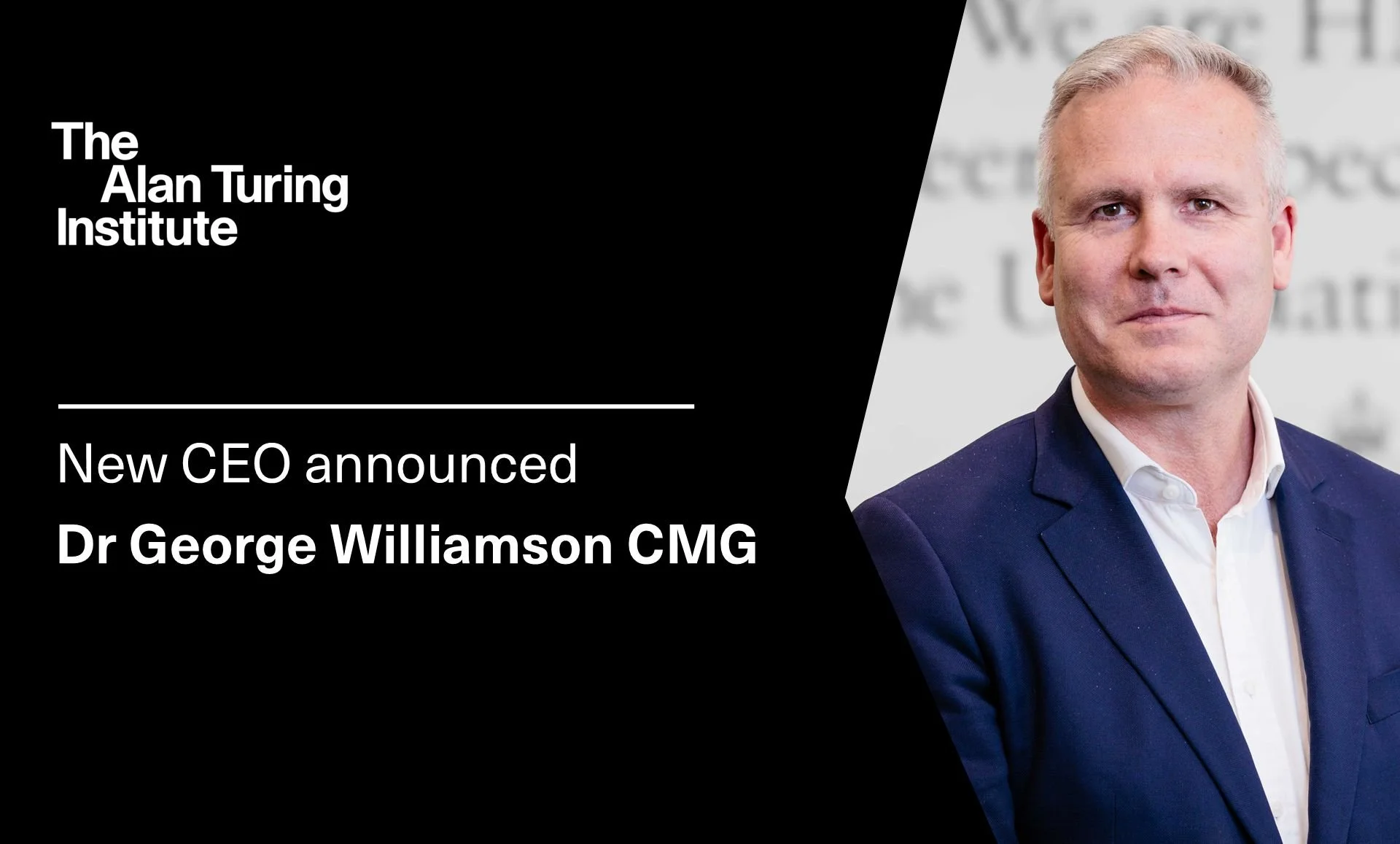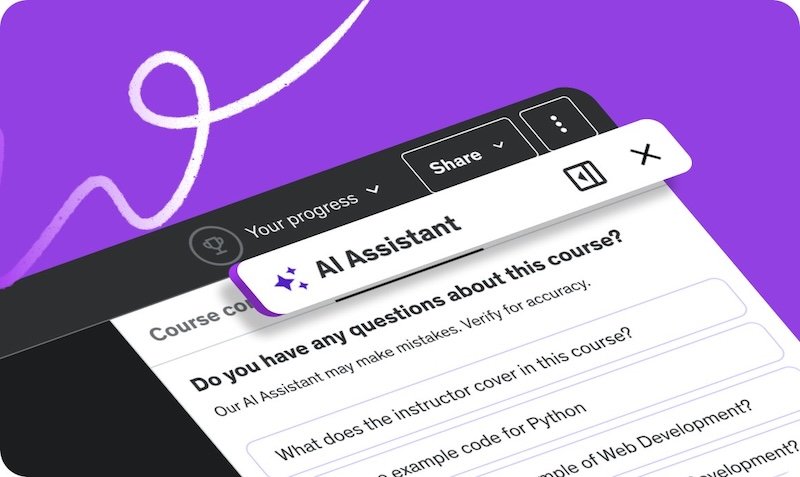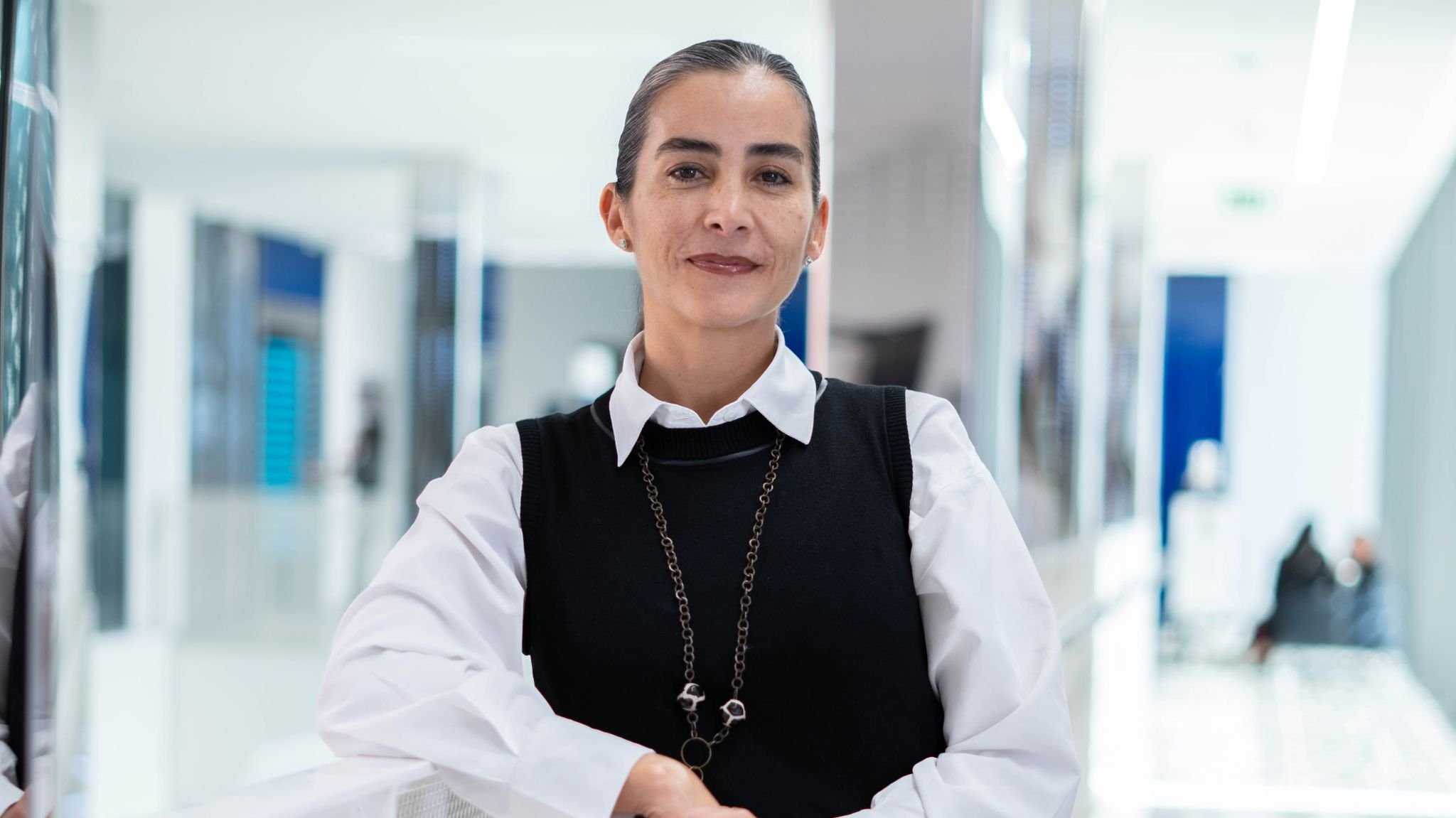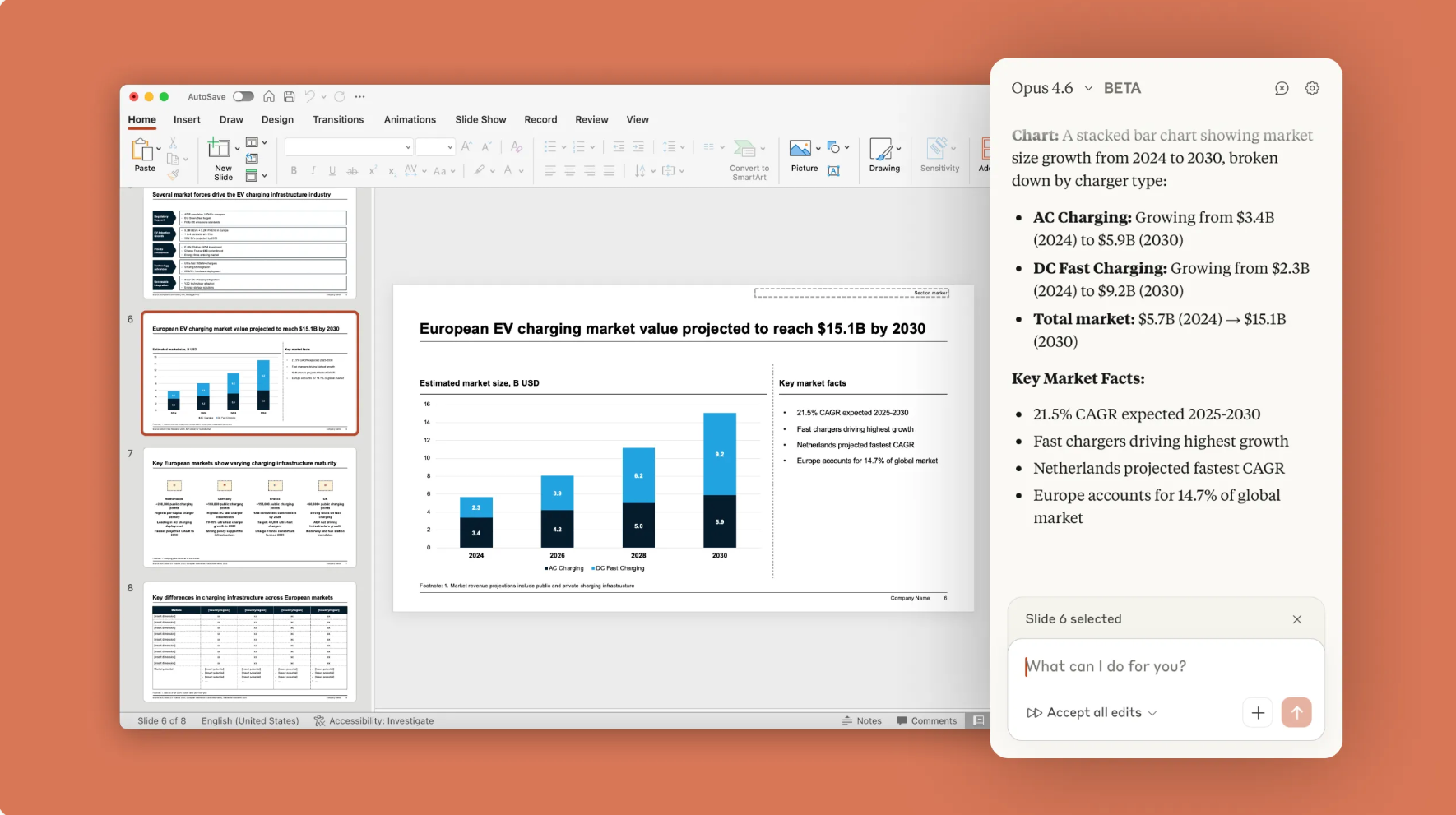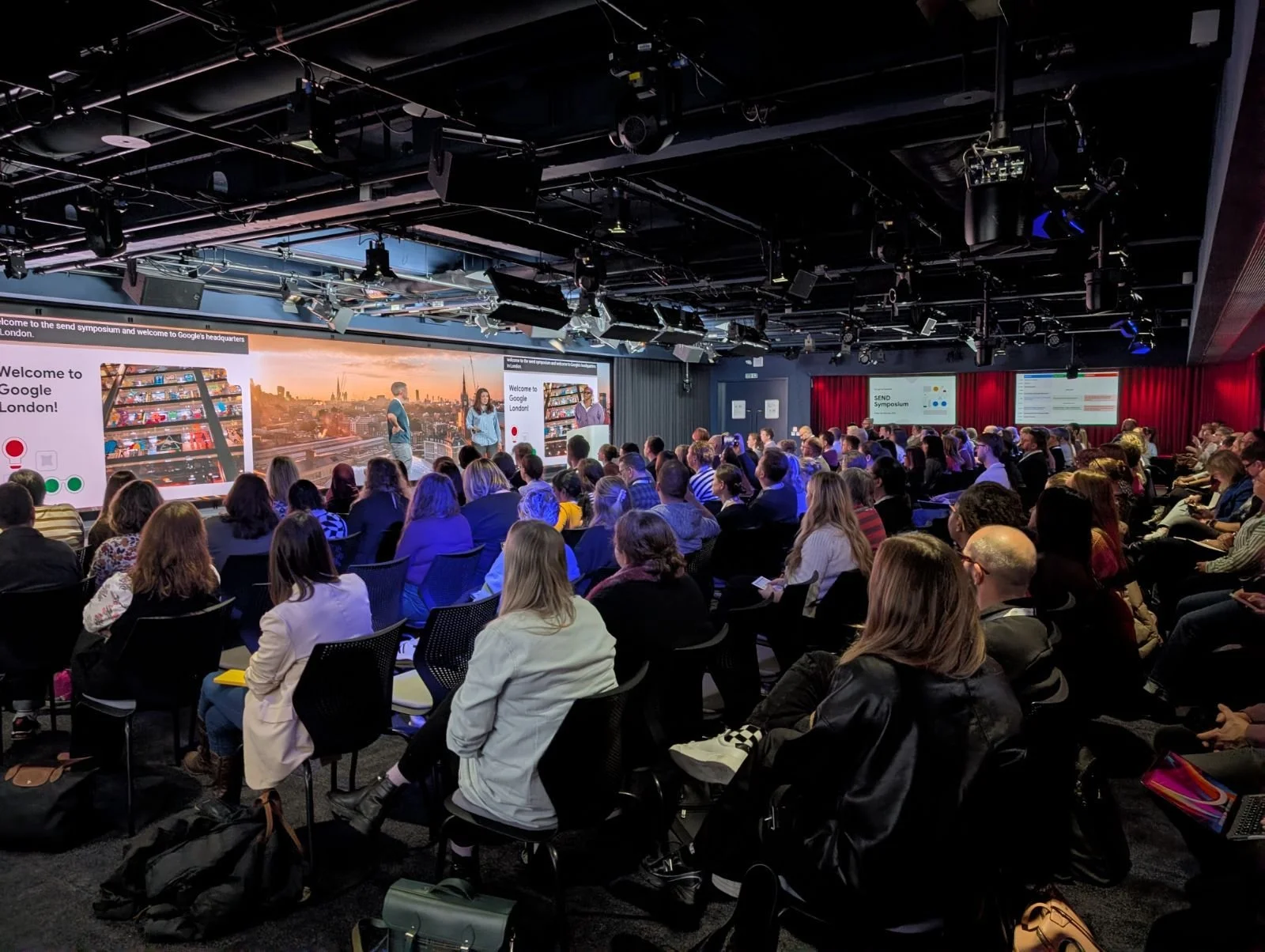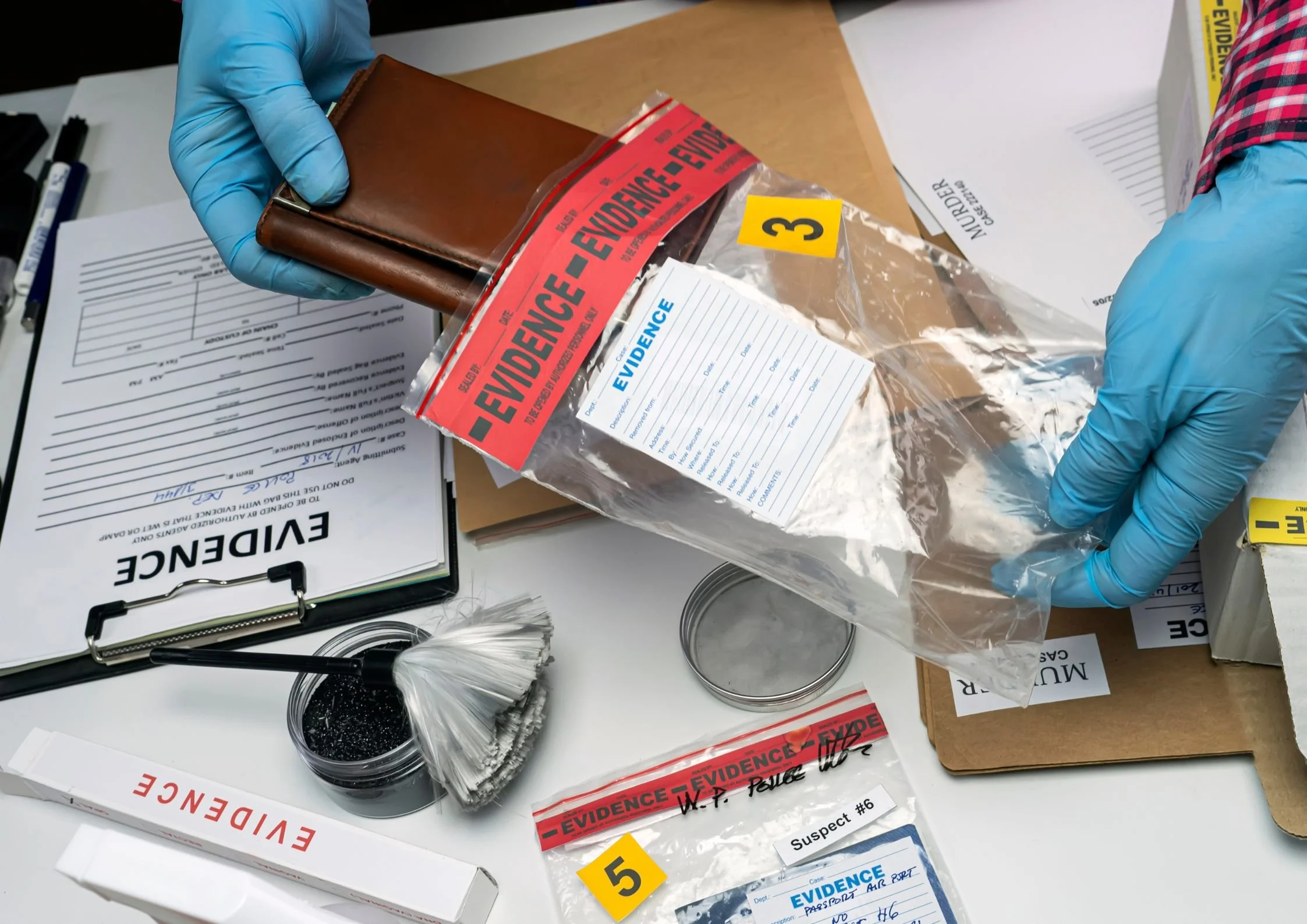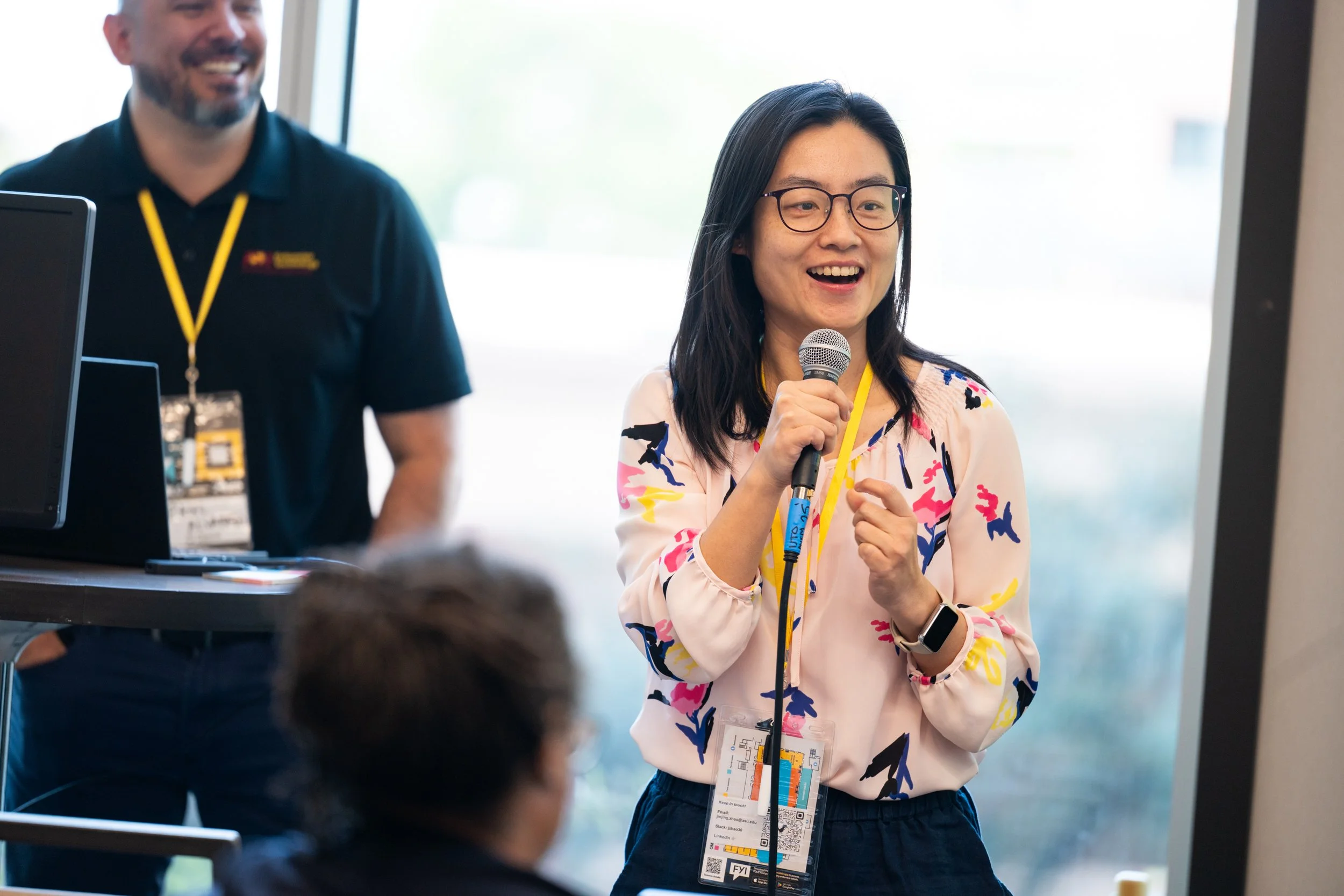UK universities launch £1.6m CAKE NetworkPlus to strengthen digital research links
EPCC at the University of Edinburgh leads the Computational Abilities Knowledge Exchange initiative with Durham University and the University of Cambridge to connect expertise, share skills, and coordinate national digital research efforts.

Durham University has joined the University of Cambridge and the University of Edinburgh in launching the Computational Abilities Knowledge Exchange (CAKE) NetworkPlus, a £1.6 million project to strengthen the UK’s digital research ecosystem.
Led by EPCC at Edinburgh, and funded by UK Research and Innovation (UKRI), the initiative forms part of the wider UK digital research infrastructure strategy outlined in the government’s recently launched compute roadmap.
CAKE aims to address fragmentation in digital research by fostering collaboration between researchers, technical experts, and policy leaders. Over the next three years, it will work to share best practice, reduce duplication, and showcase UK strengths on the global stage.
At Durham, Professor Tobias Weinzierl from the Department of Computer Science will co-lead the knowledge exchange hub, which forms a central part of the CAKE NetworkPlus.
Fellows program and global exchanges
The CAKE NetworkPlus will launch its first call for Digital Research Infrastructure Knowledge Exchange Fellows this autumn, offering funding to promote collaboration in key specialist areas. Future plans include global placements and retreats to support the sharing of technical skills and expertise.
The network is part of a broader UKRI package of over £59 million in new investment into digital infrastructure, skills, and access. This includes £6 million for Durham University and the University of Surrey to enhance national training and technical capabilities.
The CAKE project sits within the UK government’s £2 billion strategy to build a user-centered, national compute ecosystem. That includes up to £750 million to develop a new national supercomputing service at Edinburgh and £1 billion to expand the AI Research Resource twentyfold by 2030.
UKRI has confirmed that several complementary initiatives are underway, including five Digital Research Technical Professional Skills NetworkPlus awards totaling £9 million, and £2.2 million to extend the infrastructure for Digital Arts and Humanities.
Professor Charlotte Deane, Executive Chair of the Engineering and Physical Sciences Research Council and UKRI Digital Infrastructure Champion, says: “By harnessing advanced computing power, there is the potential to drive progress in many areas of life, such as health, energy, transport and public services. Our vision is for researchers and innovators to be able to access and exploit the best digital infrastructure for the benefit of lives and livelihoods across the UK.”




